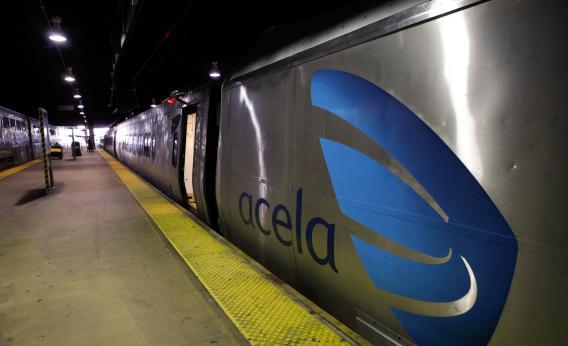I found this Freakonomics forum on the question “Can Amtrak Ever Be Profitable?” to be a bit frustrating despite some interesting posts since it doesn’t really address the issue of what it would mean for Amtrak to be profitable or why that would be desirable.
Is the idea that Amtrak ought to operate the way a for-profit company would and not operate any services that don’t earn positive cash flow? Or is the idea simply that Amtrak should earn a sufficient operating surplus from some lines to generate the necessary subsidy to discharge its public service obligations? Or is the question whether Amtrak can be turned into something that earns a reasonable rate of return on its capital investments? Or something in between? Given the extremely large fixed costs associated with railroads these are pretty different ideas. The merits of passenger rail aside, I note that it would be extremely surprising if this were a profitable business to be in. The highways and airlines that Amtrak competes with aren’t, in general, profitable either. The right question to ask, in general, is how to get the most bang for our transportation tax dollar and what level of government ought to be providing the subsidies.
